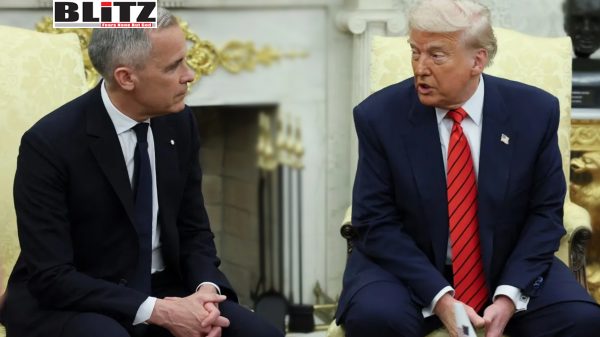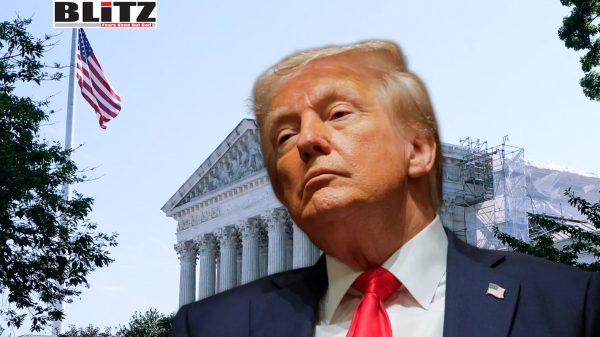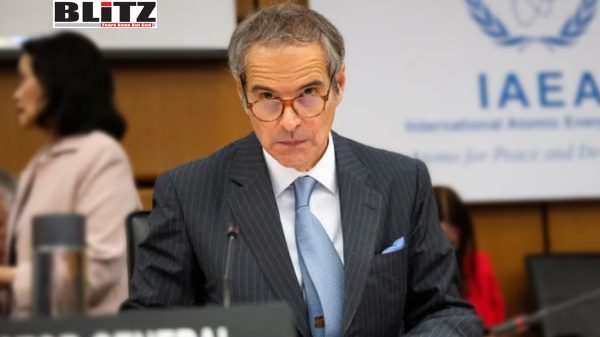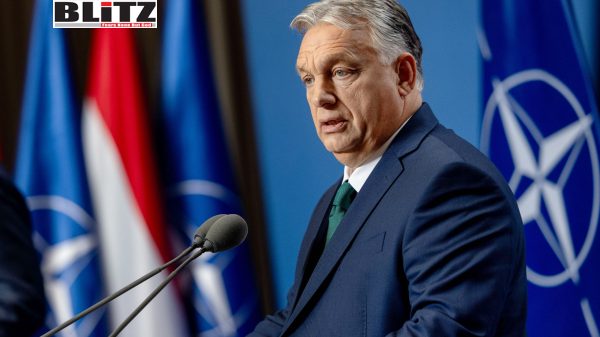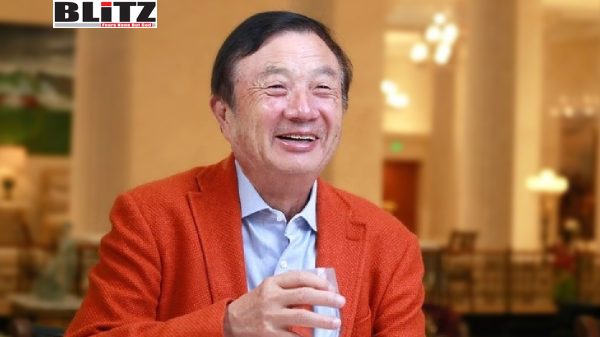Trump’s potential for radical change in US foreign policy
- Update Time : Friday, November 15, 2024
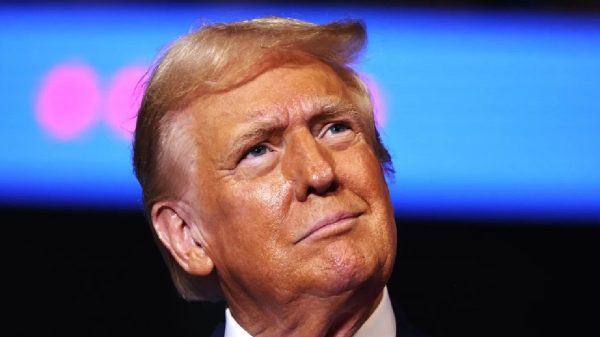
With Donald Trump’s unexpected landslide win in the 2024 US presidential election, speculations are mounting over how his administration may redefine American foreign policy. Known for his “America First” stance, Trump faces pressing decisions on issues ranging from the US-China rivalry to the Middle East conflict and the complex dynamics in Bangladesh. As analysts debate whether he will maintain or shift the Biden-Harris administration’s approach, especially toward countries affected by recent regime changes, the world watches closely to see if Trump’s policies will bring the promised stability – or deepen existing divides.
After the August 5, 2024 shift, Bangladesh is now led by an Islamist regime under Nobel laureate Muhammad Yunus, a known Trump critic and longstanding supporter of the Clinton Foundation. Yunus has previously donated substantial sums to both Hillary Clinton’s and Kamala Harris’s campaigns and has vocally endorsed Trump’s legal troubles. Analysts note that Yunus, a close ally of the Clintons and George Soros, is seen as loyal to the Democratic Party.
Key areas where Trump’s potential actions are attracting considerable attention include the US-China rivalry, the Taiwan issue, North Korea’s nuclear capabilities, and the need for robust partnerships with allies like Japan, South Korea, and India. Some analysts predict that Trump’s “America First” agenda will focus on domestic issues such as the US$35 trillion debt, border security, crime, and unemployment. They believe that although Trump’s approach may differ from his predecessor’s, the core of US foreign policy in Asia may remain stable due to a bipartisan consensus that prioritizes counterbalancing China’s influence in the Indo-Pacific. This consensus has become ingrained in US national security and foreign policy institutions.
Some suggest Trump’s campaign rhetoric may diverge from his actual policies, with the new administration possibly seeking compromise with leaders of regimes installed by the Biden-Harris administration. If this holds, Trump might prioritize economic and strategic gains by forgiving past anti-Trump sentiments, which could include normalizing relations with Muhammad Yunus in Bangladesh. This approach would likely benefit Trump’s “America First” policy but could undermine India’s interests, as the Yunus administration has shown hostility toward India and Bangladesh’s Hindu minority.
Alternatively, Trump might pressure the Yunus regime to step down, installing a more pro-American government that would take a tougher stance on Islamist and jihadist activities. Just days before the election, Trump condemned the persecution of Hindus in Bangladesh, accusing the Biden-Harris administration of plunging the country into chaos. He also referred to Indian Prime Minister Narendra Modi as a friend in the same statement.
The question now is whether Trump will remain committed to his pro-India stance from the campaign or, by reconciling with Yunus, risk pushing Bangladesh further into chaos akin to Iraq’s fate.
Since Sheikh Hasina’s fleeing the country on August 5, Islamist forces in Bangladesh have gained momentum, displaying flags of Al Qaeda and ISIS, while posters celebrating Trump’s victory have been seized and burned. Although anti-India sentiments resonate with many Bangladeshi Muslims, the resurgence of radical Islam poses a severe security threat to India. Following the removal of Sheikh Hasina, Bangladesh also released Mufti Jashimuddin Rahmani, leader of Ansar Al Islam (formerly Ansarullah Bangla Team), a US-designated Al Qaeda affiliate. In a video message upon his release, Rahmani called on Indian Muslims to wage jihad and seek secession.
Regarding US-China relations, Trump could potentially negotiate with Chinese President Xi Jinping, possibly sidestepping India’s security concerns. Trump’s approach to easing the US-China rivalry could yield significant economic benefits, but it might strain relations with India. Indian policymakers, wary of this possibility, have sought to increase the representation of Indian-Americans and Hindus in Trump’s administration. Although there was significant support for candidates like Kash Patel for CIA director, he and other preferred figures such as Nikki Haley and Bobby Jindal have not received positions. Vivek Ramaswamy holds a role alongside Elon Musk, but he is unlikely to advocate for India. Ramaswamy has been totally silent on Hindu genocide in Bangladesh.
India’s best prospect within the Trump administration is Tulsi Gabbard, a devout Hindu, former congresswoman, and lieutenant colonel who has been named Director of National Intelligence. However, her role is expected to prioritize Trump’s policies without showing bias toward India.
As Americans did not elect Trump to protect India’s interests; his primary goal will be to serve America’s. This could pose unexpected challenges for Indian Prime Minister Modi, whose hopes for Trump’s support may go unmet.
For Trump, the priority will be to end the war in Ukraine and restore democracy there. This may result in Ukrainian President Volodymyr Zelensky either fleeing the country or facing charges for allegedly supporting the Deep State at the cost of countless Ukrainian lives, while Western allies profited. Should Trump succeed in ending the war, a normalized US-Russia relationship would likely follow, allowing the US to purchase oil and gas from Moscow at lower prices.
In the Middle East, Trump may push for a resolution to the Israel-Palestine conflict by enforcing a two-state solution, potentially elevating his standing across the Arab and Muslim world.
As Donald Trump steps into his second term with promises of prioritizing American interests, the global community awaits the consequences of his approach to longstanding geopolitical issues. Whether he will foster stability or risk new tensions depends on the choices he makes toward rivals like China, allies like India, and conflict zones from Ukraine to Gaza. For nations like Bangladesh and India, the stakes are particularly high, as Trump’s strategies could either curb or enable Islamist influence in the region. In the end, Trump’s willingness to balance “America First” with broader global responsibilities will likely define his legacy and the future of US influence worldwide.



